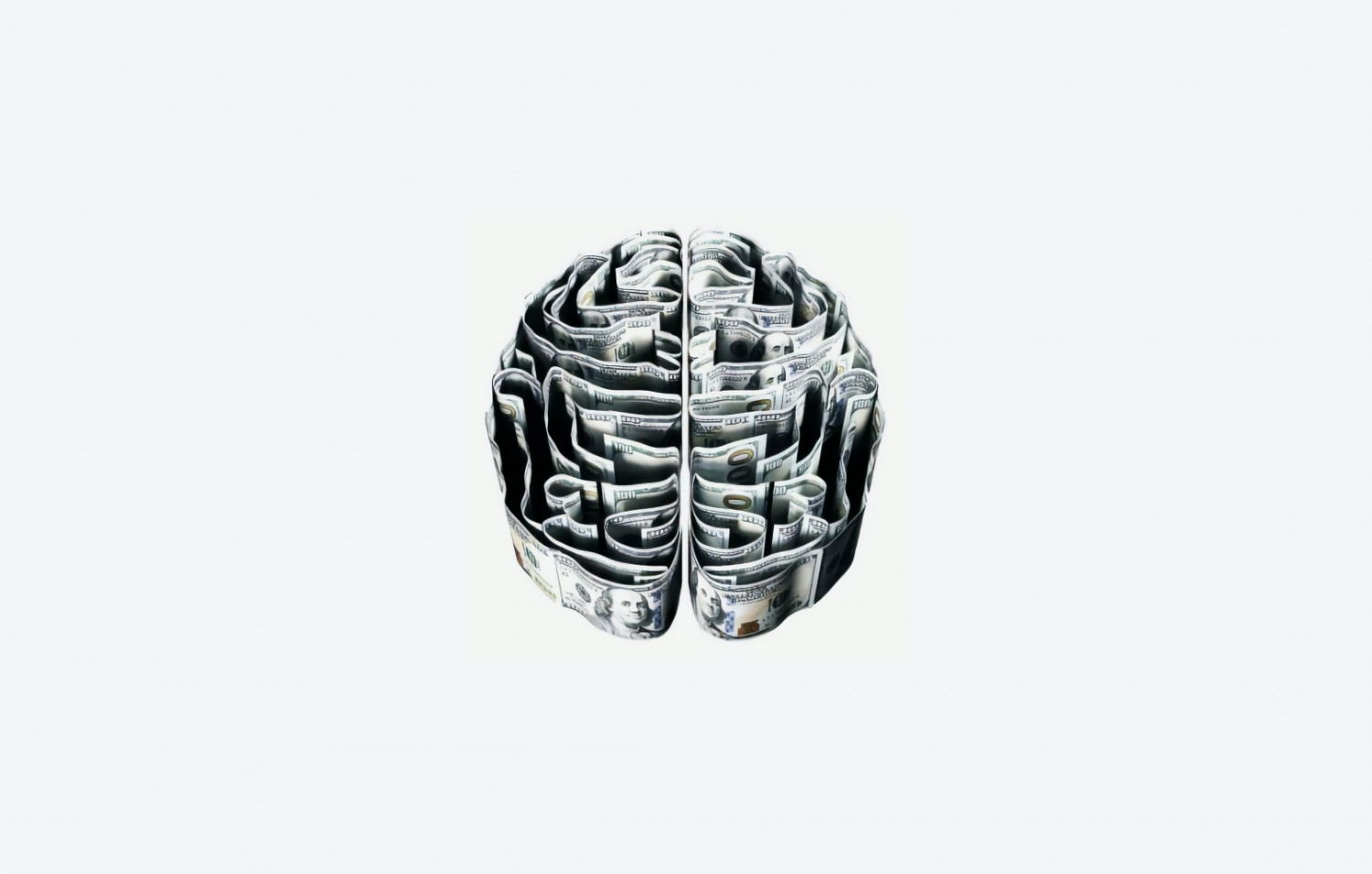With marijuana sales spiking because of the pandemic, people have more time to indulge. For some, that means recreationally dipping their toes in a little further. For medical marijuana consumers who occasionally use cannabis, it may look more along the lines of heavier and more consistent use. Regarding long-term chronic-pain patients, maybe nothing’s really changed in terms of regularity of consumption.
It is undeniable – people are smoking, eating, and dabbling more marijuana. That includes the demographic of seniors and mature adults. Marijuana’s appeal has increased with the elder folks with legalization and accessibility to medicinal cannabis products increasing. Whether that be from recreational legalities or a desire for natural pain relief options, the statistics don’t lie.
Expanding Marijuana Market Requires More Research

Photo by CHUTTERSNAP on Unsplash
Innovative cannabis research is helping bring a bit more clarity to our understanding of the effects of cannabis. A new cannabis study from Israel is looking at how long-term cannabis consumption might influence the brain. The study might be able to provide some insight into your own cannabis consuming lifestyle.
According to the UPI, 1 out of every 20 older Americans smokes cannabis on a regular basis, increasing greatly since 2016. As the marijuana market rapidly expands, so does the need for innovative cannabis research. Fortunately, Israeli scientists are working to answer all of our pressing questions.
Questions On Cannabis And Cognitive Function

Photo by Girl with red hat on Unsplash
With older people consuming cannabis more often, questions arise about how increased use might affect the cognitive function. Are there any cognitive differences in medical marijuana patient’s brain function? Does the quantity of cannabis consumed influence brain activity? How about the frequency of use?
New cannabis research is helping to answer some of those questions. Or, at least get a better idea of what the long-term cognitive effects in older adults look like.
With the publication of this Israeli cannabis study, seasoned stoners can rest a bit easier tonight. The recent scientific work indicates good news for brain activity in long-term use in seniors. Research suggests that long-term use of cannabis in older chronic-pain patients does not result in cognitive decline.
Results Of Cannabis Research

Photo by Hans Reniers on Unsplash
The research published in the Drug and Alcohol Review on September 22, 2020, is showing an uncommon lens- looking effects of cannabis on older adult brain function. The study looked at brain responses in 125 individuals over 50 years of age. Of those, 63 regularly treated chronic-pain with medical marijuana. The remaining 62 were non-users. The cross-sectional cannabis study evaluated psychomotor reaction, attention, working memory, and new learning.
Israeli scientists analyzed subjects before, three hours after consuming medical cannabis (or not consuming- for the controlled group), performing cognitive tests. In the end, the research found no cognitive differences in any of the categories between groups. But there are still some quintessential aspects to note-namely the fact that we can’t be entirely sure of the cause and effect of cannabis and brain function.
“Considering the increasing use of MC (Medical Cannabis) in older populations, this study could be a first step towards a better risk-benefit assessment of MC treatment in this population,” the research abstract stated. “Future studies are urgently needed to further clarify the implications of late-life cannabis use for brain health.
Via Drug and Alcohol Review
A Step In The Right Direction
In other recent cannabis research, medical cannabis use has been found to potentially benefit the quality of life and pain-management in seniors. Again, there is much more research to be done. Each new cannabis study is just another step toward an expanded understanding. We can’t draw any definitive conclusions from these studies, but they are a step in the right direction.
Medical cannabis and cognitive performance in middle to old adults treated for chronic pain, the study in the discussion, is another step forward in cannabis education. Israel has been growing and developing as a leader in cannabis research and has a big hand in the new research.
It is a vastly expanding industry and there is a lot of work to be done. There are a lot of aspects of cannabis research left to uncover. It’s all just a matter of time, technology, and universal recognition of the necessity for legal medical marijuana. Cannabis research is constantly evolving and we love to see it.
RAPPER WEED: WHICH RAPPERS HAVE CANNABIS PRODUCTS IN THE MARKET?
10 UNDERRATED FEMALE RAPPERS YOU SHOULD LISTEN TO RIGHT NOW
9 RAPPERS FROM DETROIT YOU NEED TO KNOW THIS YEAR








